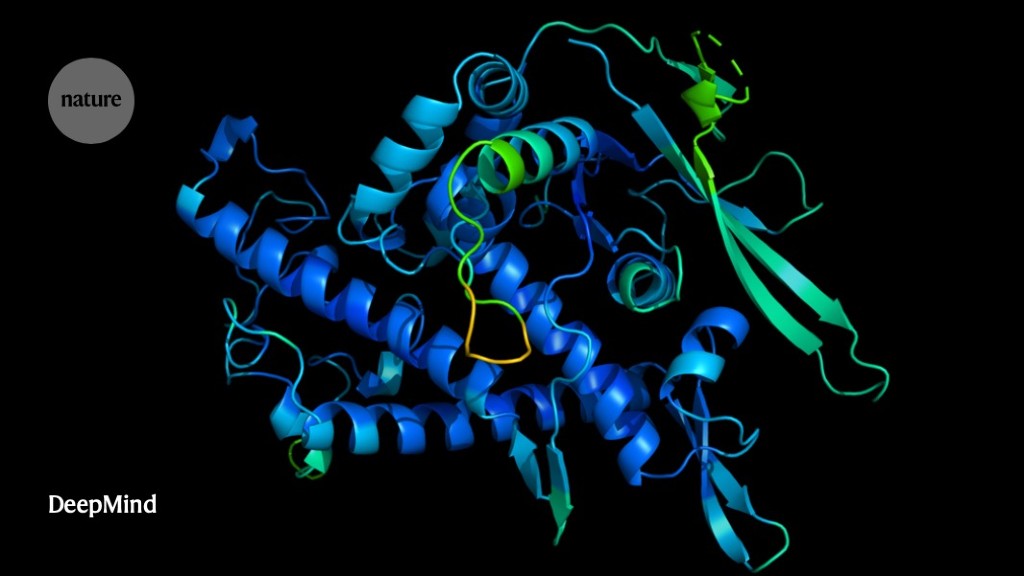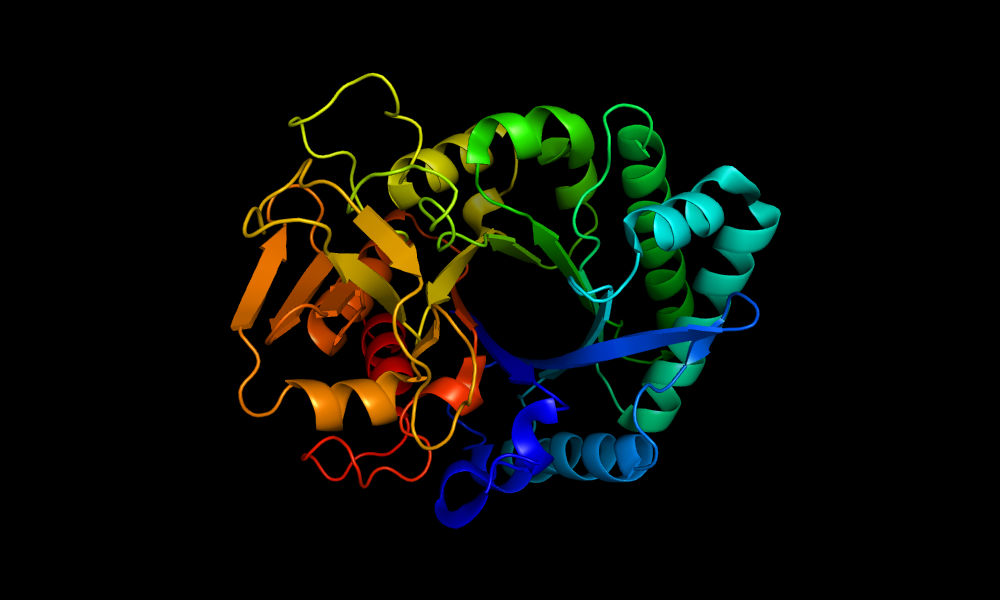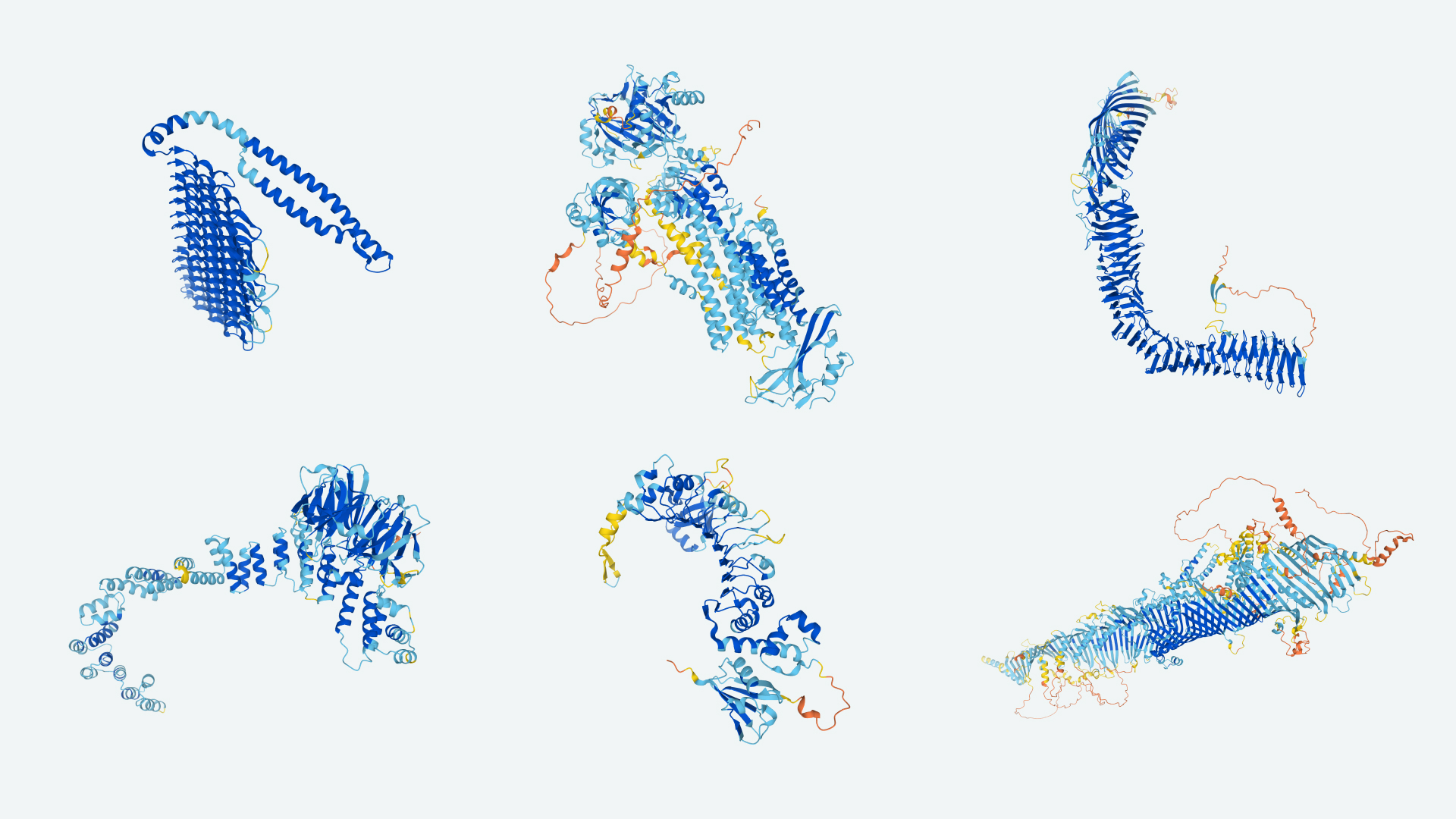
DeepMind Helps Predict Massive Amounts Of Protein Structures
Demis Hassabis, founder of DeepMind, told The Guardian: “Essentially, you can think of it as covering the entire protein universe. It includes predictive structures for plants, bacteria, animals, and many other organisms, opening up huge new opportunities for… important issues, such as sustainability, food insecurity, and neglected diseases.”
The reason this is such a massive deal is because proteins are the essential building blocks of life that determine every single biological process that exists. This includes the start of life itself, to causing diseases, and even potentially curing diseases.
For years, we have only been able to fully understand a small fraction of a fraction of the proteins that exist, since experimental methods have been able to determine about 190,000 protein structures.
While that might sound like a lot, it comes out to having one known structure for every 999 unknown structures. The main issue is that while it is easier to sequence a protein’s DNA with today’s technology, it’s the 3D structure that actually determine’s the protein’s actual function.
A good way to look at it would be like if you have a teeny tiny sheet of paper you you are told that if you fold it in the exact right way, you’ll end up with some sort of crane.
Founder and Director of Scripps Research Translational Institute Eric Topol said in a statement: “Determining the 3D structure of a protein used to take many months or years.” Now, DeepMind’s AlphaFold can quickly predict structures using the algorithm the company developed.
According to Topol, finding structures “now takes seconds, and with this new addition of structures illuminating nearly the entire protein universe, we can expect more biological mysteries to be solved each day.”
DeepMind published its predictions for all 20,000 protein structures for almost every human protein. Rosana Kapeller, President and CEO of biotech company ROME therapeutics said that the database “became an essential tool for biopharma research nearly overnight.”
She continued: “It is allowing us to predict protein structures in areas of the dark genome that have never been solved for before,” she explained. “AlphaFold speed and accuracy is accelerating the drug discovery process, and we’re only at the beginning of realizing its impact on getting novel medicines to patients faster.”

This Will Be Huge For Biopharma Research








